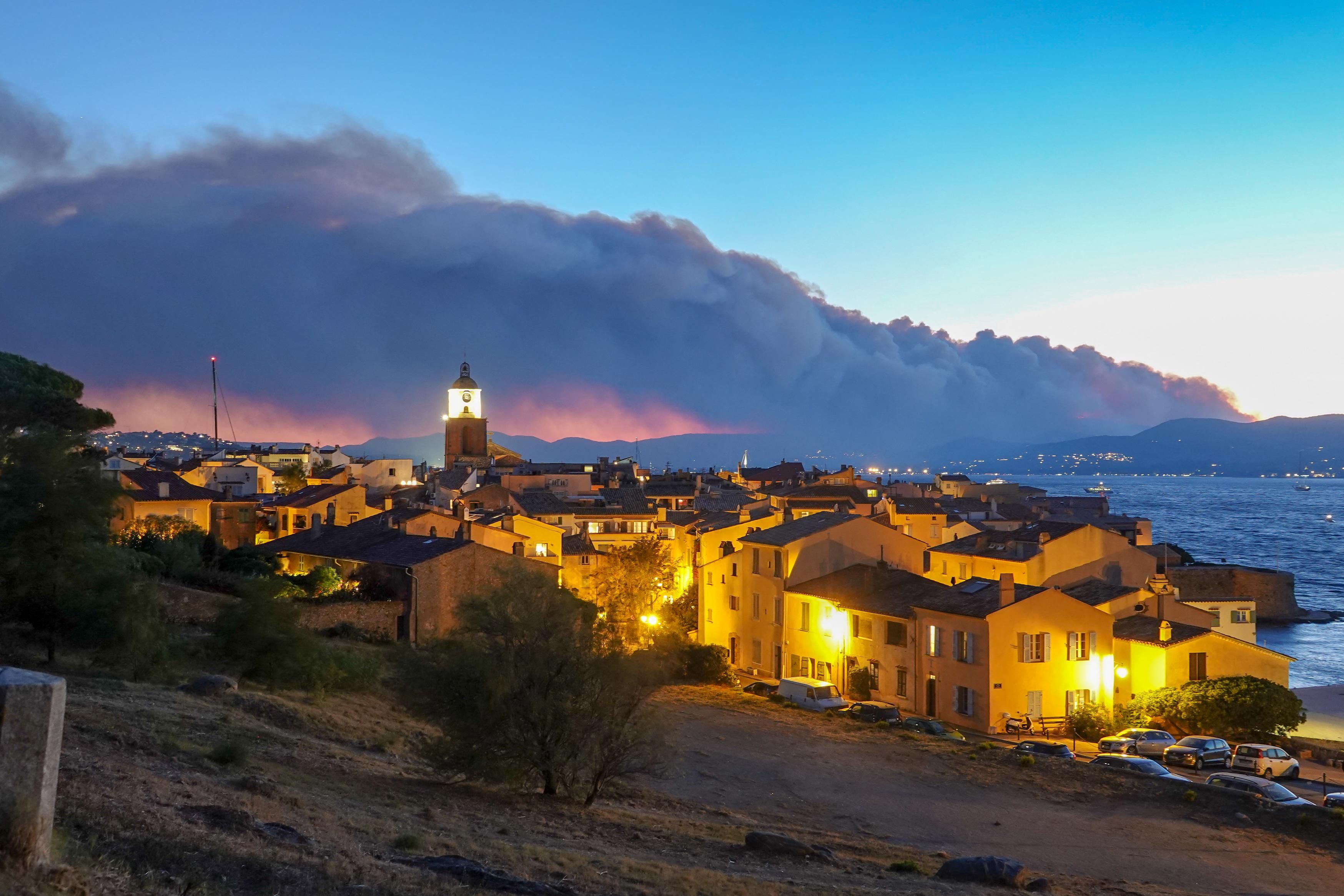News
August 17, 2021
6,000: France is the latest country to suffer from uncontrollable summer wildfires, with 6,000 people forced to evacuate homes and vacation rentals in the Riviera region. Fires, caused by strong winds coming from the Mediterranean Sea, have spread across 5,000 hectares of land. France joins the ranks of countries including Turkey, Greece, and Algeria that have been hit hard by blistering heat waves in recent weeks.
170: New Zealand entered a snap three-day lockdown Tuesday, after detecting its first locally-transmitted case of COVID in 170 days. The country's 4.8 million people will only be allowed to leave their homes for reasons deemed essential, and businesses will be closed.
23: German Chancellor Angela Merkel's CDU/CSU bloc is plummeting in the polls, with a recent survey putting the bloc at 23 percent approval, a 13-point drop from January. The decline, just six weeks out from elections, is in large part because Armin Laschet, the center-right Christian Democrats' candidate for chancellor, has very low personal approval ratings.
640: Around 640 Afghans jumped onto a US Air Force cargo plane as it prepared to leave Kabul for Qatar on Monday. Seeking to flee as the Taliban descended on the capital, the Afghans — men, women and children — rushed aboard the flight. Rather than force them to disembark, "the crew made the decision to go," a defense official said.More For You
- YouTube
In this "ask ian," Ian Bremmer analyzes Trump’s recent meeting with Zelensky and how close (or far) Russia and Ukraine are from a peace deal.
Most Popular
- YouTube
Before turning to Top Risks 2026, Ian Bremmer looks back at how this year’s Top Risks 2025 actually performed.
Pro-democracy protesters carry portraits of North Yemen's late president Ibrahim al-Hamdi.
REUTERS/Khaled Abdullah
In the latest twist to Yemen’s decade-long civil war, a group of government ministers declared support for the UAE-backed Southern Transitional Council (STC), a rebel group that broke the war’s deadlock earlier this month by seizing control of the oil-rich Handramout region.
© 2025 GZERO Media. All Rights Reserved | A Eurasia Group media company.
